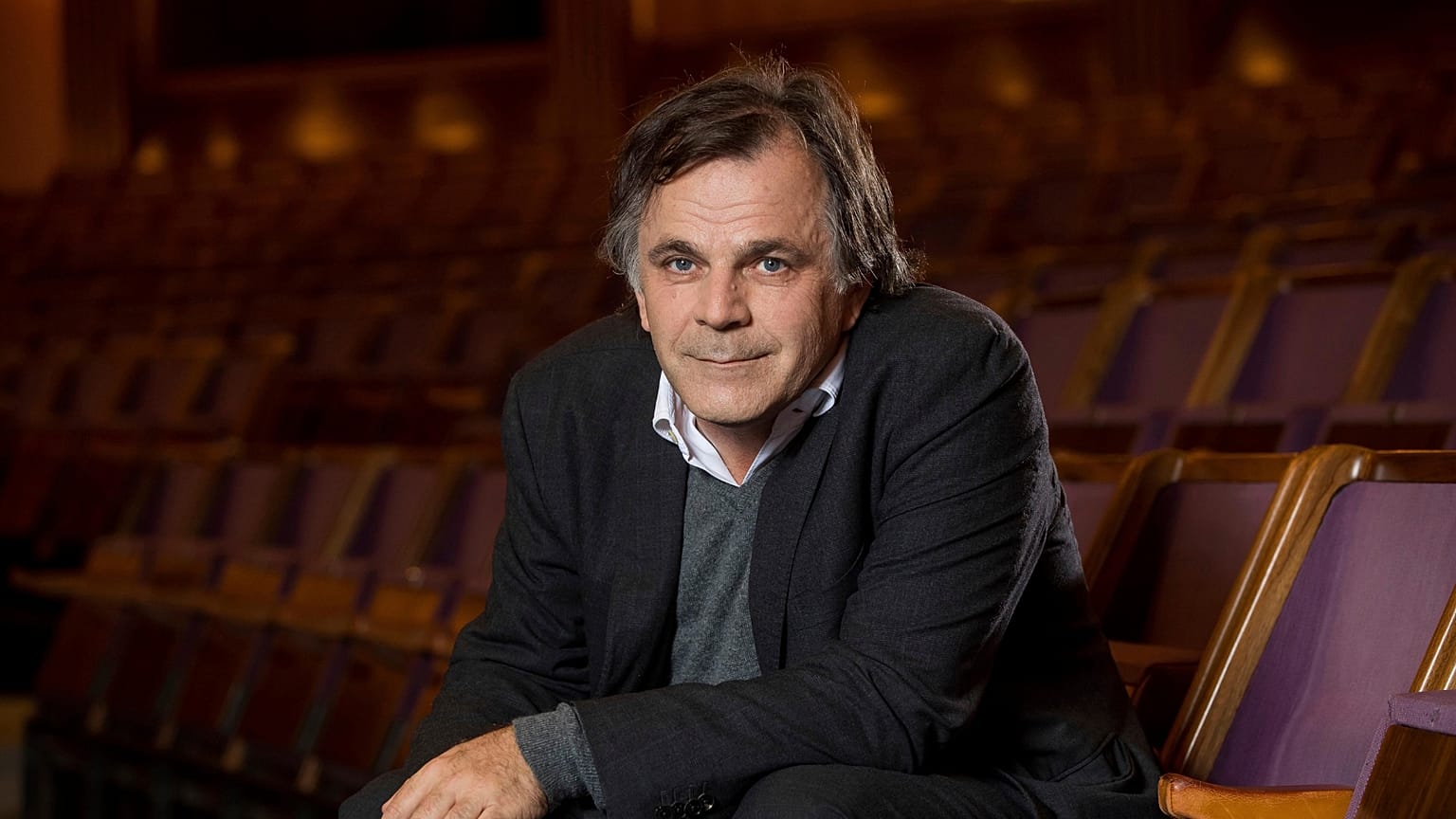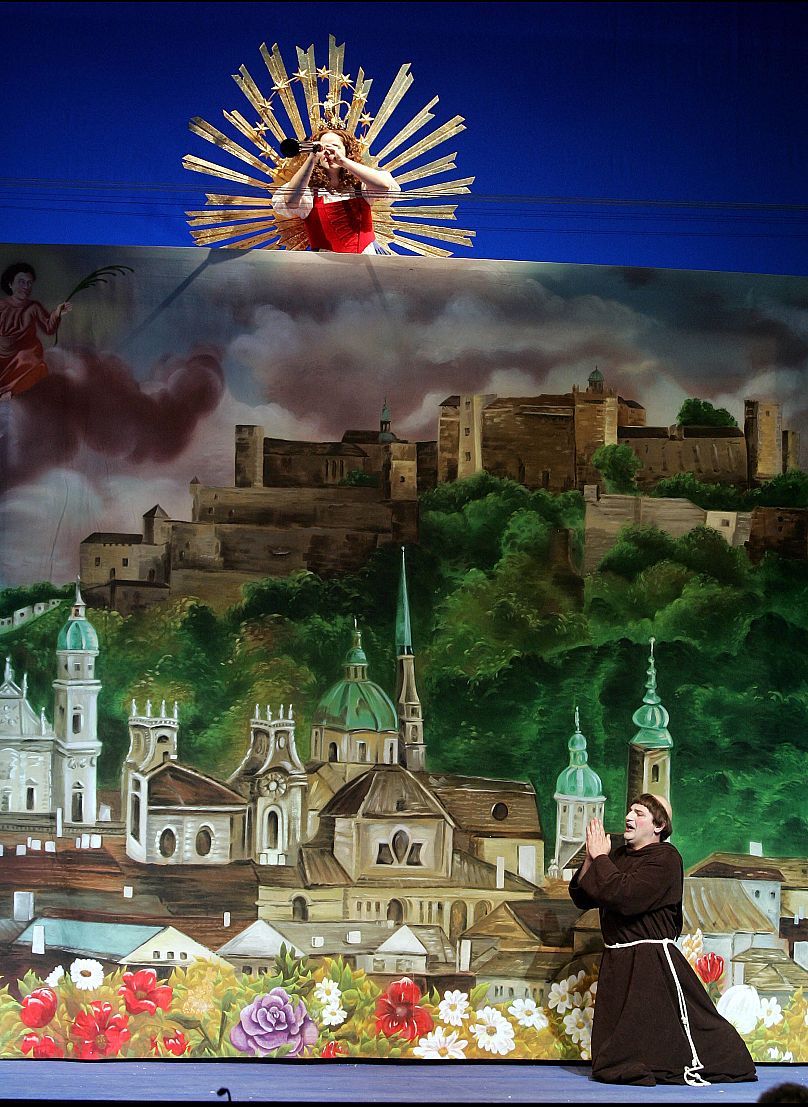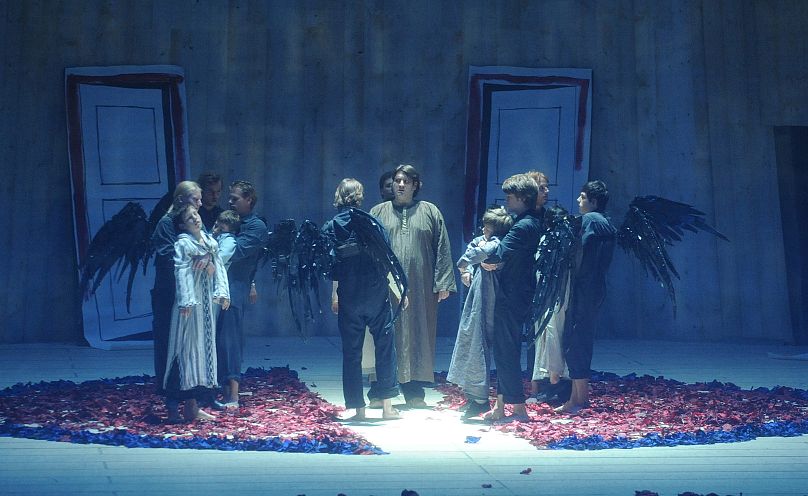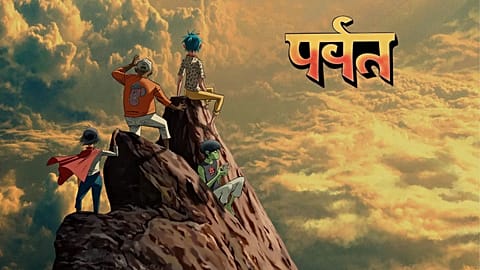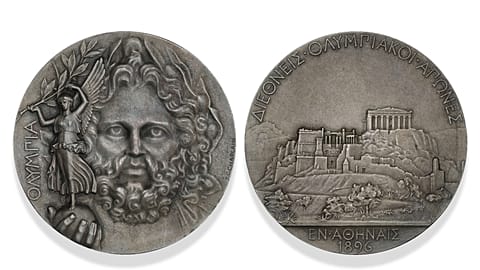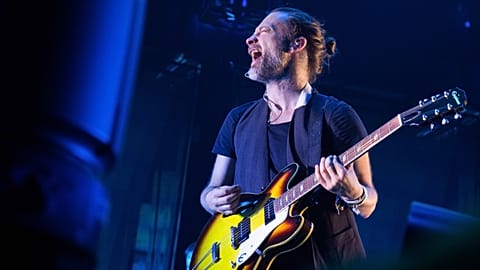Ahead of Austria's biggest opera and drama festival, Markus Hinterhäuser is reappointed as artistic director of Salzburg until 2031.
The Salzburg Festival has reappointed Markus Hinterhäuser as its artistic director for the third time. The Austrian pianist will remain in the role for a further five years, making Hinterhäuser the longest to serve in the role since Herbert von Karajan.
 ADVERTISEMENT
ADVERTISEMENT
 ADVERTISEMENT
ADVERTISEMENT
The 66-year-old Hinterhäuser first worked with the Salzburg Festival as its director of concerts from 2007-2011 before serving as interim artistic director in 2011. He was first made the artistic director of the music and drama festival in 2016, replacing Alexander Pereira.
Hinterhäuser was put forward for another five-year term in 2021. Now, ahead of the end of that contract in 2026, he has been selected again by Salzburg’s board to remain in the role until 2031.
“Markus Hinterhäuser is one of the main people responsible for where the Salzburg Festival currently stands: At the international pinnacle of artistic performances that generate enthusiasm among the numerous guests from home and abroad every year,” said festival governor Wilfried Haslauer.
“It is a great vote of confidence that fills me with joy and pride,” Hinterhäuser reacted to the news. “To be responsible for the artistic direction of the Salzburg Festival is not only a special privilege, it is a matter close to my heart. In the coming years, we will face eminent challenges, above all due to the renovation and expansion of the Festival Houses; our claim to the highest quality will of course remain unaffected.”
What is the Salzburg Festival?
The Salzburg Festival is one of Austria’s biggest cultural events. It runs every year from late July through August and stages opera, classical music and drama performances.
2024’s upcoming programme is set to run from 19 July to 31 August and has lined up 172 performances and 33 youth programmes.
Next to the Bregenzer Festival, Salzburg is an essential stop in Austria’s cultural calendar. The festival was first established in 1920 in the city best-known as the birthplace of Wolfgang Amadeus Mozart, Salzburg regularly features the works of the famous composer as a central focus of the year’s programming.
Although the official festival was established in 1920, Salzburg has been home to arts festivals since at least 1877. One of the most long-standing traditions of the festival since its nascent years is the annual performance of the play ‘Jedermann’ by Austrian playwright Hugo von Hofmannsthal.
Hofmannsthal’s play’s full title in English is “Everyman. The Play of the Rich Man’s Death” and was first performed in Berlin in 1911. Hofmannsthal, alongside the composer Richard Strauss, set designer Alfred Roller, conductor Franz Schalk and director Max Reinhardt founded the festival, and staged ‘Jedermann’ in the first edition outside the Salzburg Cathedral.
Tickets to the 2024 edition of the festival went on sale on 22 March and already all 14 of the performances of ‘Jedermann’ scheduled for the five weeks have sold out.
Alongside performances of Mozart, ‘Jedermann’, operas from Strauss, dramatisations of Thomas Mann, and performances from esteemed orchestras like the Vienna Philharmonic, Salzburg will also play host to three new works aimed at children.
There is the children’s musical theatre production ‘Zeitzone JETZT’ which repurposes classical composers to tell a new story. ‘Die Kluge’ is a new opera for children based on the story of ‘The Peasant's Wise Daughter’ by the Brothers Grimm. Finally, there is also ‘Liebe Grüße … oder Wohin das Leben fällt’ ('Kind regards... or wherever life falls'), a new play for children by Dutch writer Theo Fransz and translated by Andrea Kluitmann.
This year’s festival will also take a critical look at the current state of politics in Russia. One of the highly anticipated performances is ‘Hallo, hier spricht Nawalny’ ('Hello, this is Navalny'), a collection of letters from the opposition politician who died this year while in a Russian prison near the Arctic Circle.
Nina Khrushcheva, the great-granddaughter of USSR leader Nikita Kruschev and vocal critic of Putin’s regime, will make a keynote address at the start of the festival. Her speech is set to comment on the relationship between art and war, specifically on Russian writer Fyodor Dostoevsky’s belief that “beauty will save the world”.














